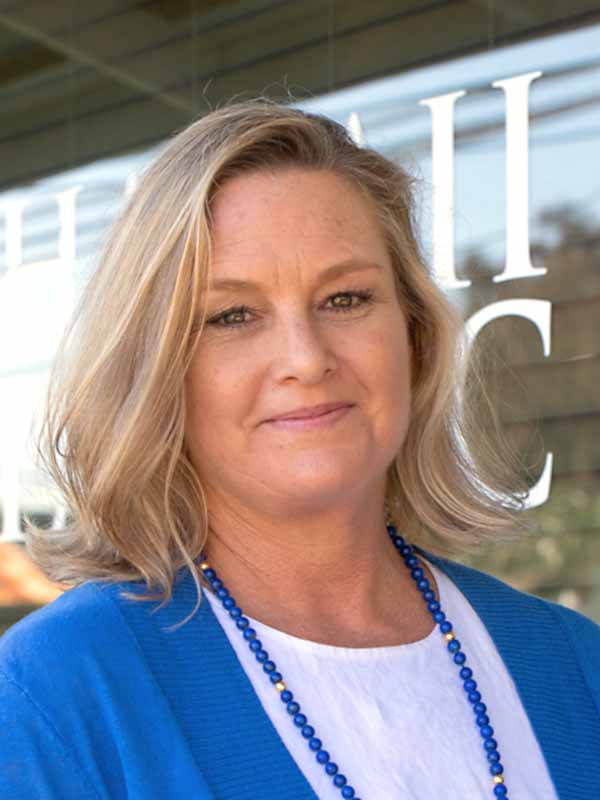Believe it or not, people sometimes ask if folks in Hawai‘i speak English! The answer is not quite as simple as you think. Of course we speak English, but it’s not the only language you’re going to hear in the grocery store. You might hear people speaking ʻŌlelo Hawai‘i, especially kids who attend Hawaiian immersion school, practicing with their parents. Spanish is not that uncommon, and neither are Tagalog or Ilocano, two Filipino languages. When you add “visiting” languages into the mix, you’ll hear Japanese, French, German, Chinese, and many others.
You’re also going to hear Hawaii’s third language, Pidgin. Kind of like a salad bar, where you take a little of this and a little of that, Pidgin draws words from various languages, then makes a few up and mixes everything together. The result is a fun, quick and expressive form of communication, unique to Hawai‘i and its multi-ethnic culture.
Pidgin, also called Hawaiian Creole, started in the 19th century, when waves of immigrant laborers came to work the sugar cane plantations—from China, Japan, Korea, the Philippines, Portugal and Puerto Rico. It’s said that Pidgin began at the noon meal, when everyone opened their lunch pail and talked about the different foods they had. Another theory is that children in the different plantation camps first invented Pidgin while they played together.
Regardless, Pidgin began, evolved, and is here to stay. And, while we don’t suggest the malihini (newcomer) jump right in and try to talk Pidgin right away, it’s a good idea to learn a few words so you can understand what folks are saying—and it’s fun!
In Hawai‘i, kids are keiki, and grandparents are Tūtū. Men about the same age call each other Bra’ or Bradda, women are Sis or Tita. Cuz goes for any gender, and older men and women are Uncles and Aunties. And, everybody wears slippers/slippas, not thongs or flip flops—but they’re always left outside the front door.
Here are a dozen of our favorite pidgin words and phrases.
Haole (how-lee)
Don’t be offended if someone calls you a haole. Haole almost always a foreigner, generally a Caucasian. It’s is not so much derogatory as it is descriptive. Over the years, we haoles have learned that if we treat everyone with respect, respect is what we will receive in return.
Howzit?!
This one is easy – a contraction of “How is it (going)?”
If Can, Can/If No Can, No Can
I can/I can’t. Often used after asking for a favor – “If can can, if no can no can.”
K’den
Okay then. Similar to An den?- “And then (what)?
Kaukau
Eat/Food. Probably from a Chinese food word, chow-chow. Other food words are Grindz (good food), Grind (eat with gusto), ’Ono or ’Onolicious (delicious) and Broke Da’ Mouth (incredibly good/tasty). Beef is not a food word. If someone asks, “you like beef?” – it’s a good idea to say no. Beef means fight, not steak.
Lua
Toilet/Bathroom. If you need to go shishi (pee) you go to the Lua.
No Ack
“Don’t act (stupid, naughty, or better than anybody else).” ‘Nuff Said’ – Speaking of ‘nuff, “No Mo Nuff” means not enough. Similar to “No Make Ass,” (don’t make an ass out of yourself).
Bumbye
Bye and bye, later.
Pau Hana
The time after work, often referring to an after-work drink, or a time for relaxation and informal socializing and enjoyment with friends and family. Pau by itself means finished, as in pau eat, pau bathe, pau with your homework.
Dakine (dah-kine, sounds like mine)
The keystone of pidgin. You can use it anywhere, anytime, anyhow – “Ehh, you like go da kine? If you no can, no troubles, bumbye later.”
Thingamajig, whatchacallit, a thing – anything. Where it comes from nobody knows for sure, but ‘da kine’ is very useful as a noun, adjective, or verb, when you can’t think of the right word!
Go/Stay
Go and stay are almost like verb tenses. You can stay, go, go stay, stay going or going stay. To get an idea, even if it doesn’t make much sense, enjoy listening to “Local Argument #7” by comedian Rap Reiplinger.
A Hui Hou
Until we meet again! Until next time…
To learn more, read the “Pidgin to the Max” book series, available at libraries and local bookstores. And to double check Hawaiian words, visit www.wehewehe.org.



